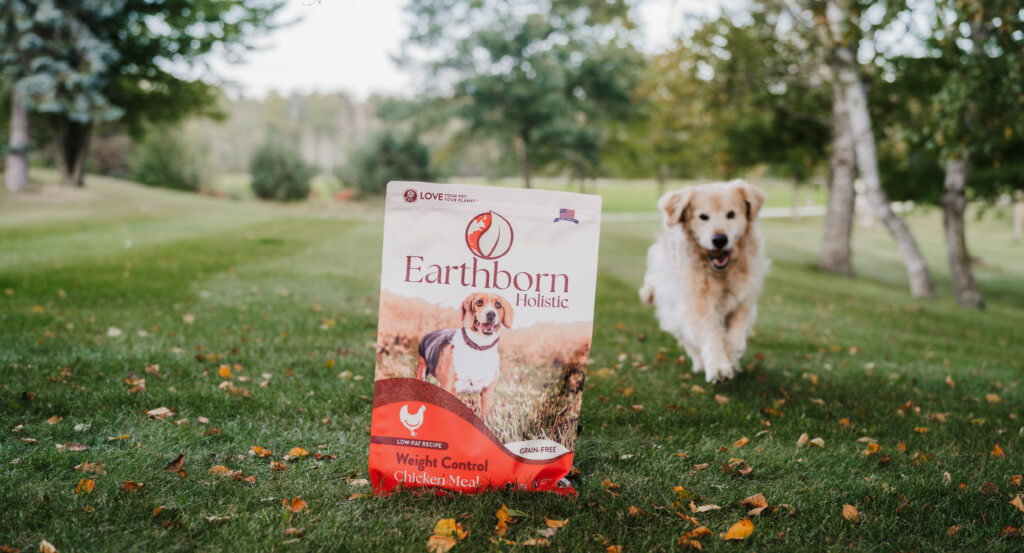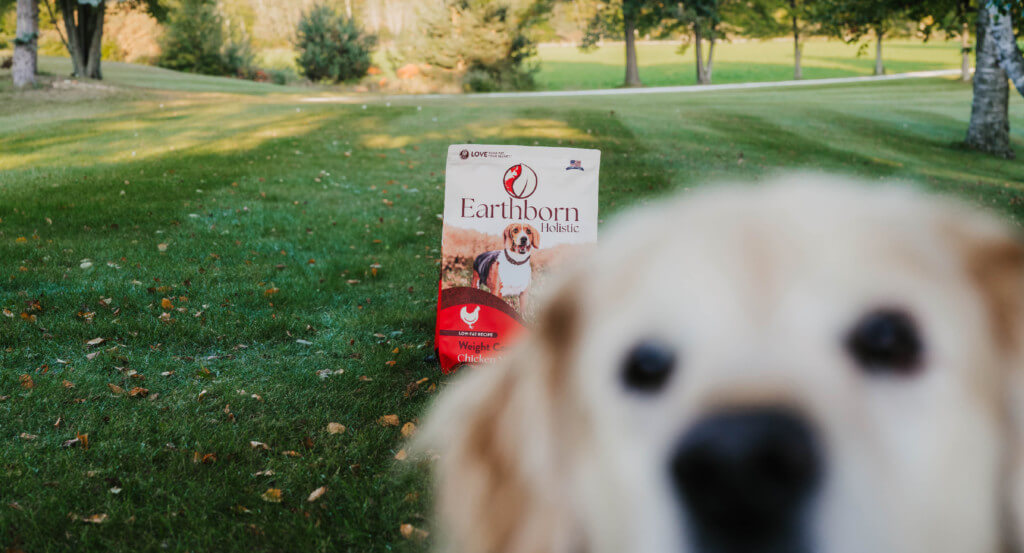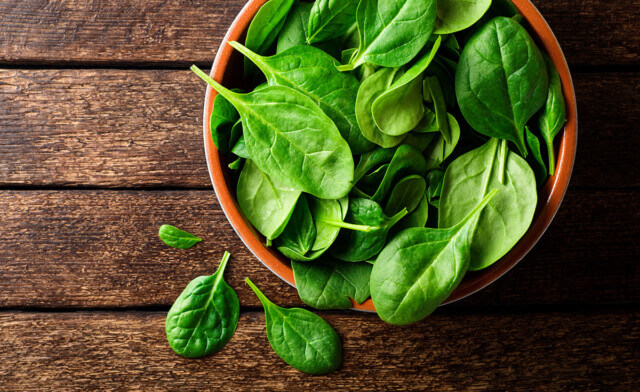A Guide to Dog Food with Probiotics
Did you know that more than 90 million people in the United States own at least one pet? Owning a pet, especially a dog, is a lot of joy but also a lot of responsibility. When it comes to choosing the right dog food, you’ll want to choose one that doesn’t upset your dog’s stomach.
By choosing dog food with probiotics, not only can you ensure that your dog won’t have any stomach problems but you can also be sure that your dog’s gut health will be supplemented with plenty of important nutrition. But what are probiotics for dogs anyway?
What do they do and how can you be sure that you’re making the right choice for your pet?
Keep reading and learn more about the health benefits of probiotics for dogs.

What You Need to Know About Probiotics
Many people think that all bacteria are bad, but this isn’t true at all. Both animals and humans have plenty of healthy bacteria that live in their guts. These bacteria make up what is known as the gut microbiome.
The gut microbiome plays a very important role when it comes to the digestion of food and the absorption of nutrients from the gut and into the body. If you didn’t have all these strains of bacteria in your gut, you would find that you would suffer from all sorts of digestive and intestinal problems. Many people (and dogs) do, in fact, suffer from this problem.
If you have a hard time digesting certain foods or food in general, you may be lacking in some of the bacterial strains in your gut. To fix this problem, many people opt to consume probiotics. By consuming probiotics, you have the chance to reintroduce important bacteria into your gut.
What You Need to Know
Once you restore the levels of bacteria in your digestive system, you should notice that it will become easier to digest food again. The science is more or less the same for dogs as it is for humans. Most dogs have very sturdy stomachs but others may experience bloating, constipation, or diarrhea when eating ordinary dog food.
These stomach problems can make it difficult for your dog to stay strong and healthy. If your dog often has these stomach problems or any kind of digestion problems for that matter, your dog may be lacking in some important gut bacteria. That’s where healthy dog food with probiotics comes in.
Probiotic dog food is just as it sounds: it is a special type of dog food with probiotics mixed in. This makes it much easier to provide probiotics to your dog since you won’t have to feed the probiotics to your furry friend separately. Once you incorporate probiotic dog food into your dog’s diet, you should soon see that your dog will better be able to digest food again.
But the benefits of choosing probiotic dog food don’t stop there.

The Benefits Behind Probiotic Dog Food
The obvious benefit of dog food with probiotics is that your dog will no longer suffer from common digestive problems. However, the benefits of probiotics go far beyond that because of how they can change and improve the way the gut microbiome works. In particular, if your dog isn’t able to digest food very well, he won’t be able to absorb all the important nutrients from his food.
This means that your dog will be missing out on all sorts of vitamins and minerals. This is either because the food will pass too fast out of the dog’s body or the dog’s gut is not able to absorb enough nutrients. Whatever the case, this can actually become quite a serious problem if you leave it untreated.
If your dog isn’t getting enough nutrients due to a faulty gut, he may start to experience nutrient deficiencies. This can cause all sorts of side effects on your dog’s health. For example, you might notice that your dog is unusually fatigued, thin, or otherwise not himself.
Nutrient deficiencies are not usually fatal, but they can certainly make your dog’s quality of life less than ideal. But you can change all this by giving your dog probiotic dog food. Once your dog’s gut microbiome gets a surge of fresh, healthy bacteria, your dog’s gut will be in much better shape.
The gut microbiome will, in a way, be rejuvenated and be better able to absorb nutrients from food. As a result, your dog will benefit more from the vitamins and nutrients in his food. As long as your dog has plenty of nutrients, he should be full of energy, his fur should be shiny, he should be at a healthy weight, and he should overall be the picture of health.
What Can Probiotic Dog Food Really Do?
Probiotics can also help alleviate certain problems that are not as obvious as bloating or diarrhea. For example, if your dog often has bad breath, this is probably not due to whatever your dog ate but rather your dog’s poor digestive health. If your dog is having a hard time digesting food, that food will linger in your dog’s digestive system for a long period of time and it can start to cause bad breath as a result.
Obesity is another common problem caused by a faulty gut microbiome. If your dog isn’t able to digest food in the right manner, your dog’s body will start to hold onto fat in an unhealthy way. As a result, your dog will gain weight even if he isn’t necessarily eating all that much.
Obesity, in general, is harmful to a dog’s health in a variety of ways. In particular, it can make it difficult for a dog to walk or run and it can even damage your dog’s joints over a period of pain which will cause your dog pain. Fortunately, by rejuvenating your dog’s gut microbiome with probiotic dog food, you won’t have to worry about these problems any longer.
But how can you be sure that probiotic dog food is a good idea for your dog in particular?
How to Tell if Your Dog Needs Probiotic Dog Food
There are a few ways in which you can tell whether or not your dog needs dog food with probiotics. First, you will want to look at your dog’s eating habits. If your dog is reluctant to eat his food, he either may not like the food you’re giving him or he might not feel hungry enough to eat.
This is often the case with dogs who are suffering from digestive issues. Their digestive systems may be in such a state of discomfort that eating food doesn’t seem appealing. You should also consider the opposite problem of your dog being too ravenous.
If your dog is unusually hungry all the time, the food he eats may be passing very fast out of his system which will not satisfy his hunger. A nutrient deficiency may also compel a dog to eat more even if he doesn’t necessarily need to. You will also want to examine your dog’s health.
If you notice that your dog often has diarrhea, there will obviously be something wrong with your dog’s ability to digest food. This is especially true if you have already tried different dog foods and still found that the food causes your dog to have diarrhea. In this case, the problem is not likely the food itself but rather your dog’s ability to digest food in general.
In the same vein, frequent constipation is an important sign that your dog isn’t able to digest food in the right way. Constipation results when your dog’s gut absorbs too much liquid which makes it difficult for your dog to have a bowel movement.
The Details
In some cases, constipation can actually be very dangerous to your dog’s health since it puts so much strain on the body, especially the intestines.
It also interrupts the flow of waste through the intestines and, in some circumstances, can cause an intestinal blockage. Both diarrhea and constipation are obvious signs that your dog’s gut health is not in great condition and that your dog could benefit from probiotic dog food. As mentioned before, bad breath is another sign of poor digestion.
If your dog only has bad breath once in a while, it may not be anything to worry about. However, if you find that your dog has bad breath for several days in a row and even for several weeks, it is likely that your dog’s gut is not doing a good job at digesting the food you’re giving him. Finally, gas and bloating are two signs that probiotic dog food may be a great choice for your dog’s health.
Gas and bloating can be very uncomfortable for a dog. Bloating, in particular, can make a dog feel not hungry and can interfere with his eating habits. Incorporating probiotic dog food can help, but how should you go about buying this kind of dog food?

What to Know Before Buying Probiotic Dog Food
Before you buy probiotics for dogs, there are a few things you should consider. To start, you will need to make sure that you are buying high-quality probiotic dog food. How can you know whether or not you’re buying high-quality dog food, you might ask?
It all has to do with research. Before you buy anything, make sure you hop on the internet and research all the best brands of probiotic dog food. Reading the reviews for the different brands can be especially helpful.
That way, you can see what other dog owners thought about the dog food and if it helped their dogs’ digestive problems at all. You will also want to check the kind of probiotics you’re giving your dog. Probiotics come in many different varieties and some may be better suited for your dog’s gut than others.
You will also want to check the overall health of the dog food. The ingredients should be healthy and should not contain any harmful fillers and, preferably, they should not contain any fillers at all. The dog food should also have plenty of important vitamins and minerals to supplement your dog’s health.
Choosing the Right Dog Food
Keep in mind that probiotics are sensitive to temperature and moisture. For that reason, when buying probiotic dog food, you will want to make sure that you don’t leave it out in a hot place where it could easily spoil. Instead, try to keep it in cool, dark, and dry areas so that it will remain stable for as long as possible.
You will also want to double-check the expiration date. The last thing you want to do is accidentally give your dog expired food because you forgot to check the expiration date.
Once you start giving your dog probiotic dog food, don’t be surprised if your dog continues to experience digestive problems for a few days. This is normal when you switch a dog’s food. After about a week, you should notice a big improvement in your dog’s digestive health and your dog should not be experiencing as much constipation, diarrhea, or other digestive issues.
Everything You Need to Know About Dog Food With Probiotics
If your dog is suffering from digestive issues, dog food with probiotics may be the perfect solution. Probiotics have the ability to replenish important bacteria in your dog’s gut microbiome. As a result, your dog will better be able to digest food and absorb vitamins and minerals.
To learn more about probiotic dog food, don’t hesitate to contact us here.




